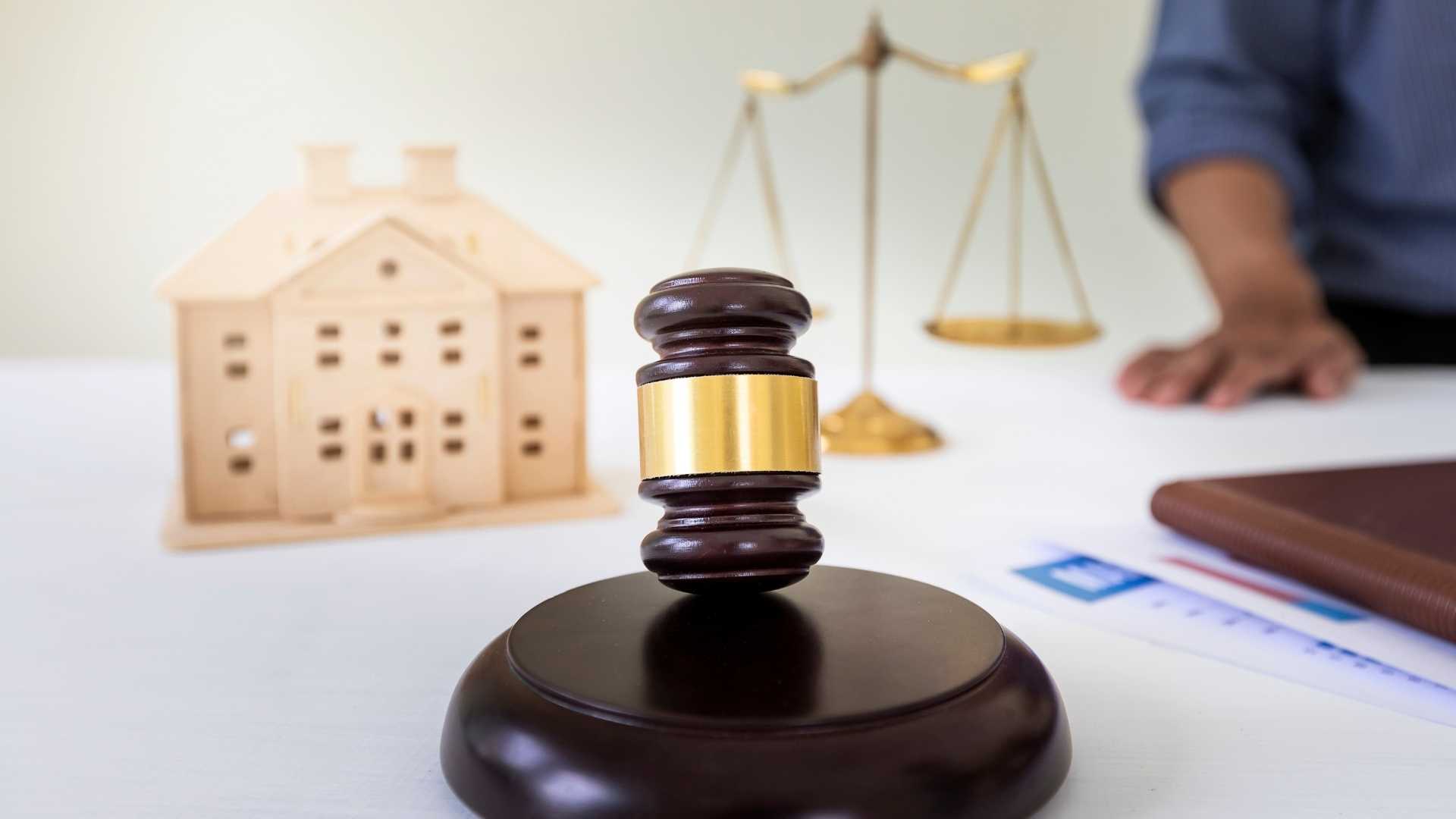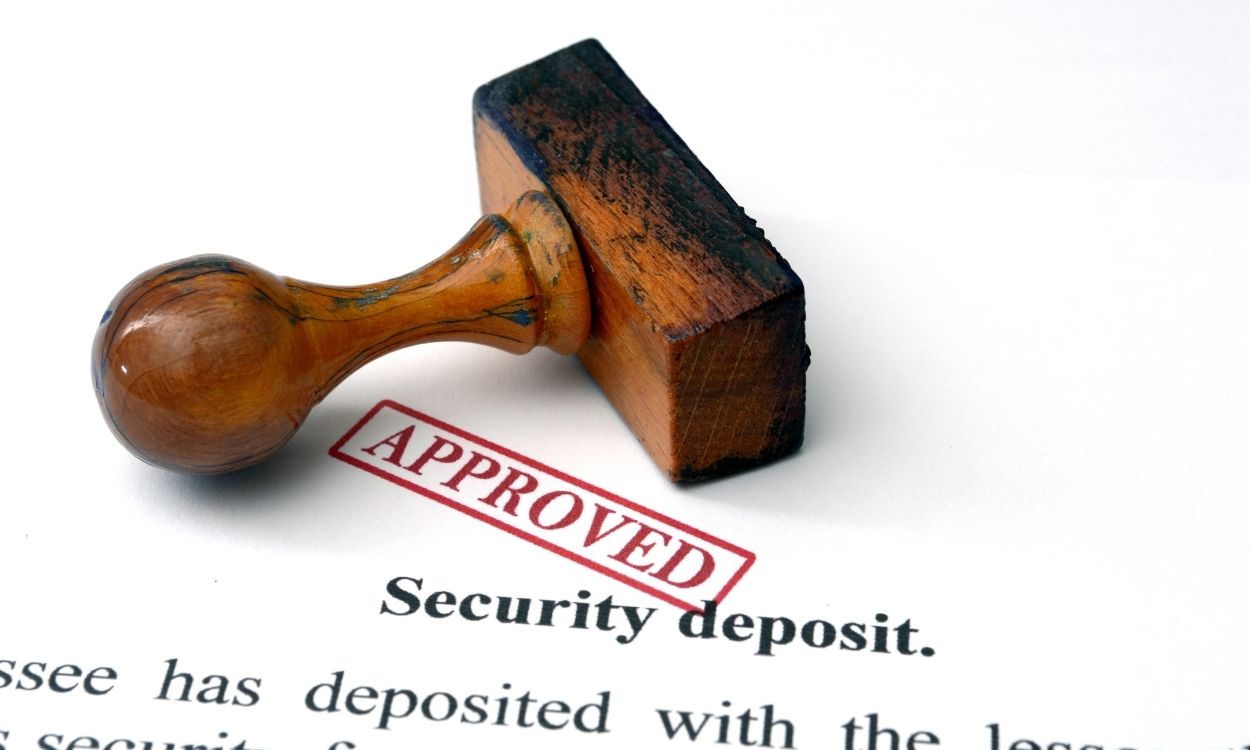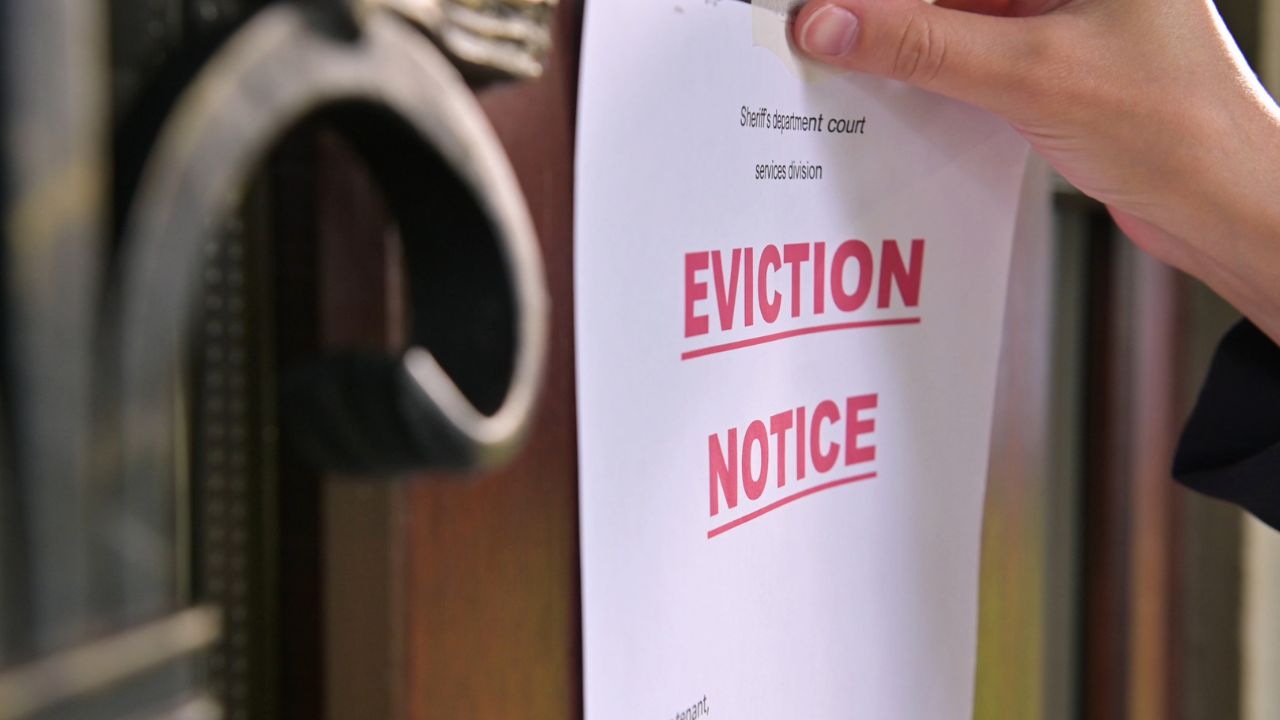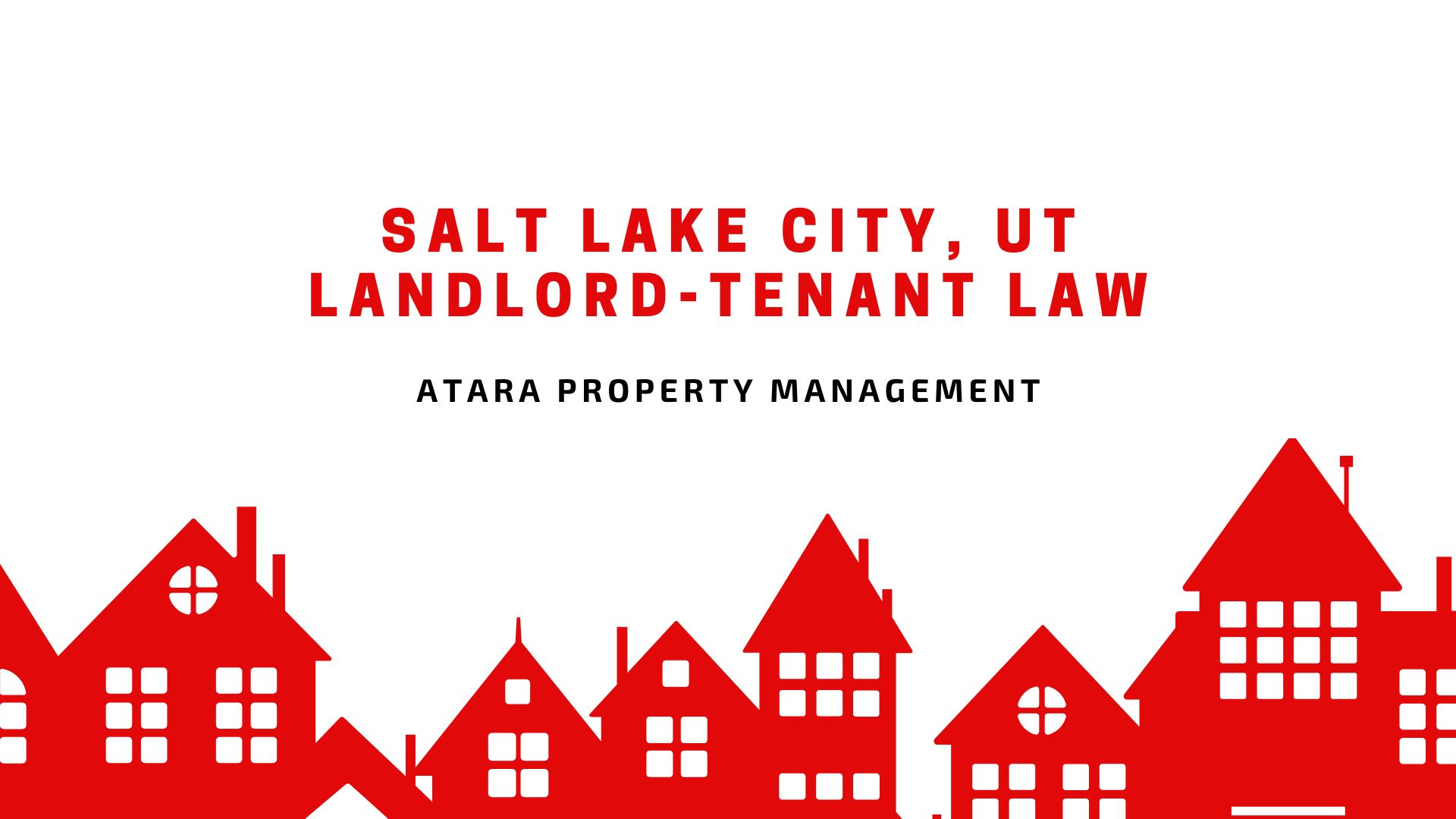Key Takeaways
- Utah landlord-tenant law provides critical protections and responsibilities – From screening tenants and handling security deposits to managing repairs, entry rights, and evictions, knowing and following state regulations helps landlords stay legally compliant, avoid disputes, and protect their investments.
- Clear documentation prevents conflict – Strong lease agreements, proper handling of deposits, and transparent communication around repairs, notices, and entry rights reduce misunderstandings with residents and provide landlords with the legal backing they need if disputes arise.
- Expert guidance ensures compliance and peace of mind – Partnering with professionals like Atara Property Management helps landlords navigate Utah’s complex laws, uphold fair housing standards, and confidently run profitable, stress-free rental operations.
Have you ever found yourself unsure about what rights you have as a rental property owner in Utah, or how the law protects you when dealing with difficult situations? Understanding landlord-tenant law can feel overwhelming at first, but it is necessary for protecting your investment and running your rental smoothly.
When you know the rules, you avoid costly mistakes, keep yourself legally secure, and handle disputes with confidence. With the right knowledge and support from trusted experts like Atara Property Management in Utah, you can focus less on stress and more on building steady rental success. Here is an overview of the state’s landlord-tenant laws:
Knowing Your Rights as a Landlord
Every landlord should start with a clear understanding of their legal rights. Utah law outlines what you can and cannot do regarding rent collection, lease enforcement, and resident management. Knowing these rights helps you avoid disputes and protect your property.

It is equally important to stay updated on changes in state laws. By staying informed, you can make decisions confidently, set fair policies, and reduce risks that could otherwise harm your rental business.
Resident Screening Rules That Keep You Compliant
Proper screening is one of the best tools for protecting your property. Utah law requires you to follow fair housing guidelines, which means applying consistent standards to every applicant and avoiding any form of discrimination.
Beyond compliance, clear screening criteria save you time and effort. Using background checks, rental history, and income verification ensures you find residents who are more likely to pay on time and care for the property responsibly.
Crafting Lease Agreements That Truly Protect You
A lease is your most powerful safeguard as a landlord. It sets the terms for rent, landlord and tenant responsibilities, and property use. Utah law allows flexibility, but certain details like security deposits and eviction procedures must be included to remain valid.
Strong leases prevent misunderstandings. When everything is clearly written, residents know their responsibilities, and you know what to enforce. A carefully drafted agreement reduces conflicts and supports smooth rental operations.
Security Deposit Limits and Requirements
Handling security deposits correctly is a must for landlords. Utah law allows you to collect deposits, but you must clearly state the amount and purpose in the lease. Mismanaging deposits often leads to disputes and even legal action.

Equally important is returning the deposit properly. You are required to provide an itemized list of deductions within a set timeframe. This transparency builds trust with residents and shields you from unnecessary claims.
Understanding Entry Rights Without Crossing Boundaries
Respecting residents’ privacy builds trust and reduces conflict. Laws in the state of Utah generally require at least 24 hours notice before entry, except in emergencies, so schedule inspections, showings, and maintenance visits mindfully and transparently.
Provide written notice stating purpose and time for a visit, keep them within normal hours, and keeps records of entries. Clear communication prevents misunderstandings, protects privacy, and shows you follow the law if questions arise, which keeps relationships professional and problem-free.
Handling Repairs and Maintenance the Legal Way
Keeping your property in safe working order protects both your investment and resident safety. Utah’s Fit Premises Act makes owners responsible for maintaining essential services, fixing code violations, and addressing hazards promptly to avoid liability and preserve rental value.
Create a clear system for repair requests, document every job, and give residents written timelines for fixes. Regular property inspections can also help you catch issues early, before they become serious, costly fixes.
Eviction Procedures Every Landlord Must Follow
Eviction is a formal legal remedy for serious breaches of lease policies, not a first response. For nonpayment, Utah commonly requires a written notice to pay or vacate that gives residents a short statutory period to comply before further action can proceed, so serve notices carefully and on time.

If the resident does not comply, do not change locks or remove tenants’ belongings to expedite the process. Instead, file the eviction with the court and obtain an order before any removal. Maintain thorough records of rent, notices, and communications, as courts focus on documented compliance with required steps.
Staying Aligned with Utah Fair Housing Standards
Complying with fair housing laws protects your properties and reputation. Utah’s Fair Housing Act bars discrimination based on protected classes such as race, color, religion, sex, disability, familial status, national origin, and source of income.
Adopt consistent screening criteria, avoid biased questions, and train anyone involved with leasing. Document reasonable accommodation requests and your responses, keep decision records, and apply uniform procedures for advertising and approvals to reduce legal risk.
Bottom Line
Understanding Utah’s landlord-tenant law is essential, but applying it correctly can be challenging without the right support. Atara Property Management in Utah helps landlords manage their properties and safeguard their rental income with confidence. Reach out to our property management company today to discuss your options and discover what approach will work best for your rentals.
Disclaimer: This blog should not be used as a substitute for legal advice from a licensed attorney in your state. Laws change, and this post might not be updated at the time of your reading. Please contact us with any questions you have in regards to this content or any other aspect of your property management needs.



